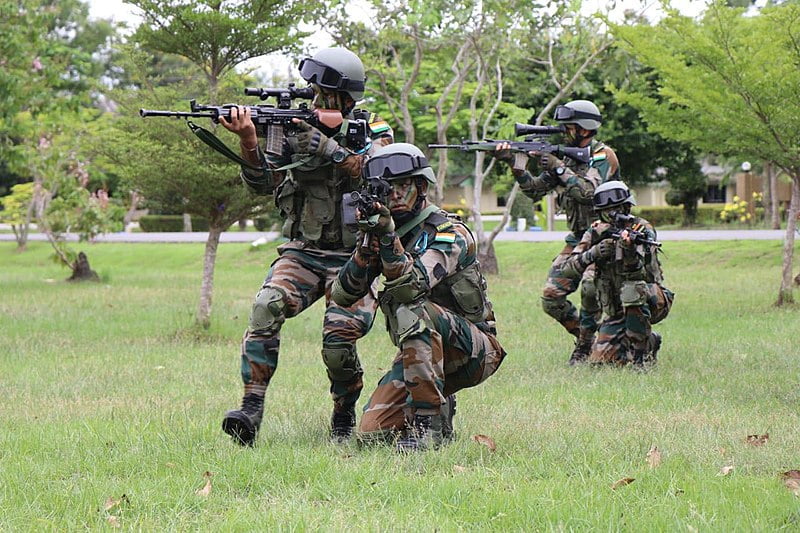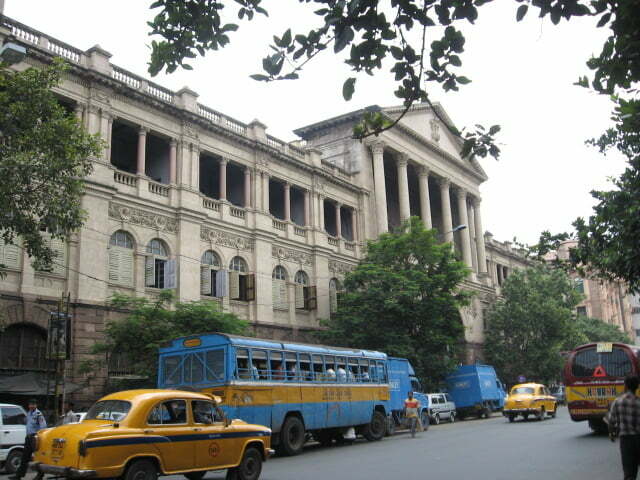
The Government has rightly decided to give the much needed oxygen to the sagging economy by a number of economic measures. One such step announced by the Finance Minister was “Corporatisation of Ordnance Factory Board (OFB)” though it is still not clear how this process of ‘Corporatisation” would unfold?
The OFB is engaged in the production of a range of arms, ammunition, equipment, and clothing primarily for the Armed Forces. There are 41 Ordnance factories divided into five operating groups under the OFB. The OFB has had a poor track record of deliverance to its customers, 80% of its products are consumed by the Armed Forces. The Comptroller and Auditor General (CAG) in its report for the year 2019 has highlighted a number of lacunae, in the organisation.
Overheads constitute a staggering 33 percent of the overall allotted budget for the year. A large amount of money is pumped into supervision and indirect labour costs.
The Ordnance factories achieved production targets for only 49% of the items. A significant quantity of Indian Army demand for principal ammunition items remained outstanding. The implications on this can be well understood in the current scenario, when we are being confronted, by both China and Pakistan.
More than half the inventory (52 percent) was the store-in-hand procured for manufacture but not used within the year by the factories. This has serious implications on the professionalism of this organisation wherein no scientific management techniques like selective inventory control, forecasting etc were used.
Work-in-progress (unfinished items lying on the shop floor) constituted 32 percent of the inventory. Orders as old as year 2009-10 were yet to be delivered, a delay of ten years. Apple graduated from iphone 4 to iphone 11 within this period and here we are still in a primitive state of functioning. A total inventory of Rs 1055 crores pertains to slow and non-moving items, which were still lying for further disposal.
As can be evident, the OFB is a poorly managed organisation and therefore the announcement made by the Government was long overdue. To three basic pillars of corporatisation constitute the Management, The Board of Directors and the Shareholders (in the instant case it will be the stakeholders). Therefore, the Government will need to look at the first two pillars i.e. The Management and the Board of Directors.
The management would off course remain with the Department of Defence Production but there would be a need to include professionals from the industry, in the Board of Directors. Further, the primary stakeholder i.e. The Indian Armed Forces would also be required to be a part of the Board of Directors. It may be prudent to appoint the Master General of Ordnance (MGO) and the Director General of Ordnance Services(DGOS), both serving Lieutenant Generals of the Indian Army to be part of the board of directors. This will ensure a greater accountability and responsibility in the functioning of the OFB.
The OFB will also need to assume a greater responsibility towards its regime of price and quality control. Presently, it infuses very little confidence amongst its customers who are wary of the quality of ammunition, equipment and clothing being manufactured by the ordnance factories. The existing system of price negotiation adopted is also flawed. There is a requirement to benchmark the cost elements against a set of standard parameters. The Ordnance factories would need to gear themselves up with better precision instruments to bring about greater efficiency. A system of self-certification would be in order for most of the products, which would greatly minimise delays in inspection by DGQA.

The OFB would also need to adopt outcome based budgeting. This would require a re-structuring of the defence budget in order to make it possible to allocate funds for specific programs/projects. Therefore one would have to earmark funds in a given year for procurement of rifles, guns, clothing, ammunition etc. This could then be used as a benchmark to gauge the performance of the OFB in a given year.
Presently, the OFB has little autonomy which has been detrimental to the functioning of the Ordnance factories. It would therefore be fair to grant a high degree of autonomy to the OFB to improve its functioning. An effective management system would need to be incorporated to ensure that OFB functions with a reasonable autonomy with essential checks and balances in place.
It would be imperative that the headquarters of OFB shifts its base from Kolkata to New Delhi. This will facilitate frequent interaction with the management, Board of Directors and the Stakeholders as also lead to a more effective decision making process in the larger interest of the Nation.
It is therefore necessary for the government to translate its intent into content and put the process of corporatisation in motion. The restructured OFB must contribute towards “Atma Nirbhayta” in a purposeful manner thereby contributing effectively towards “Make in India”, laying down timelines for an effective implementation towards Nation Building.

